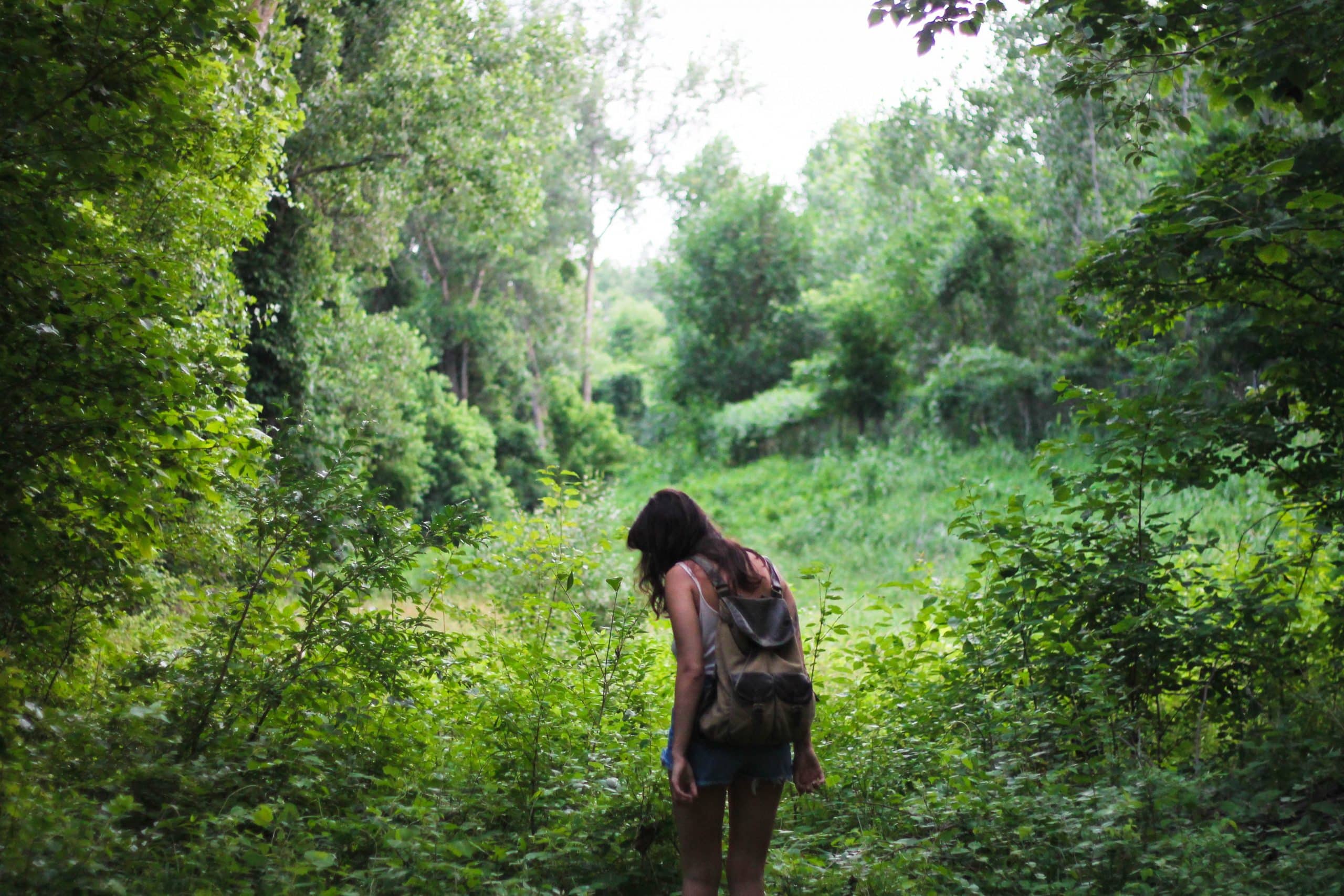
Tag: helpful

30 ideas on how to give up alcohol, from people who have given up alcohol!
Here at Hello Sunday Morning we know what a huge question ‘should I give up alcohol’? can be to even put out to the universe. It’s not easy to give up something that’s incorporated into your daily dinner, salubrious socialising, or relaxation routine. We know how hard it is for our community and our Daybreak

How to hack your pleasure pathways
Can you remember the feeling of coming back from a holiday? Feeling refreshed, rejuvenated and inspired. All of your neural pathways were reset, or at least rearranged. For those few weeks, you were out of your comfort zone, having new experiences, new sensations and new adventures which will change how you live your life and






